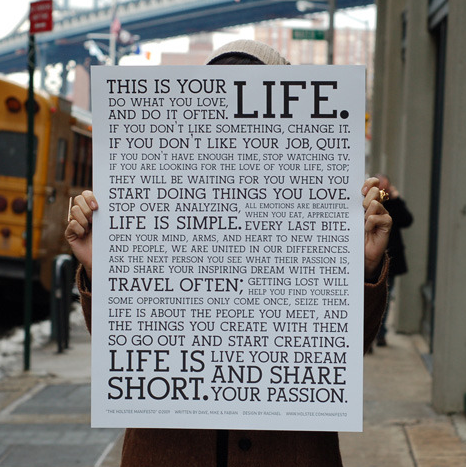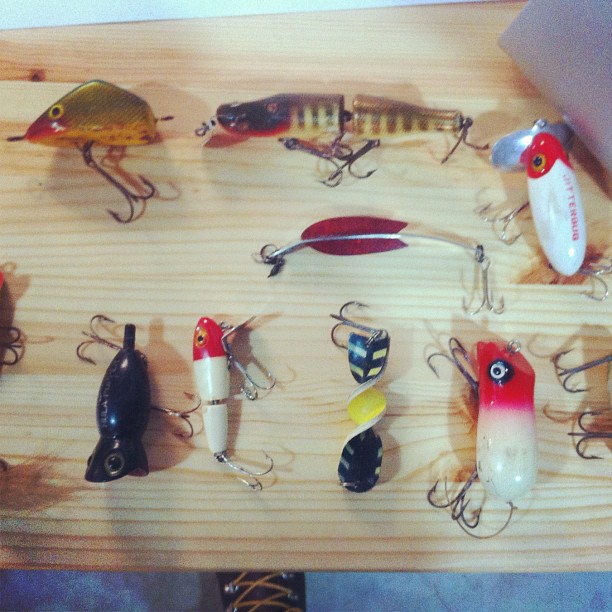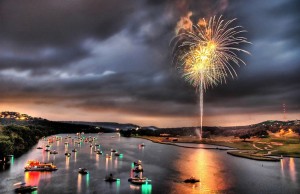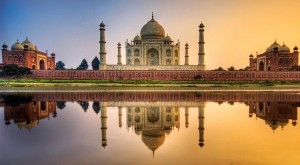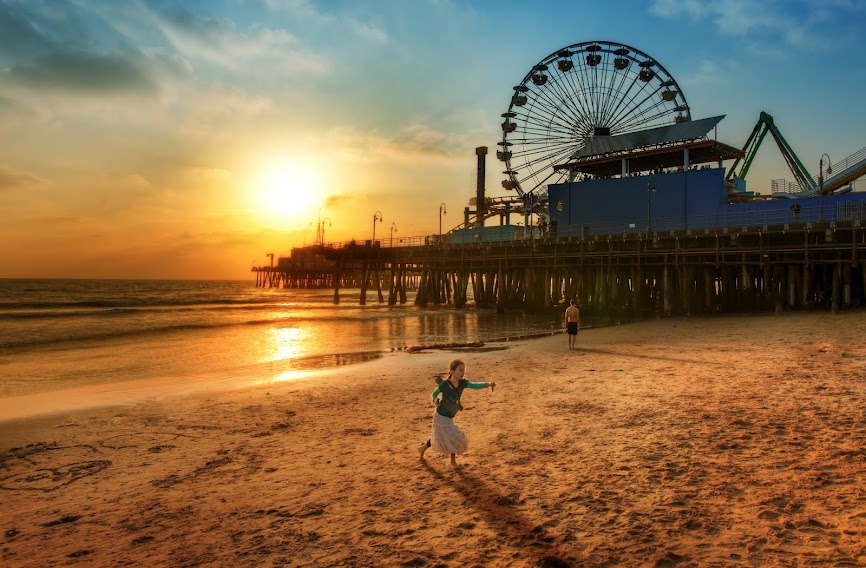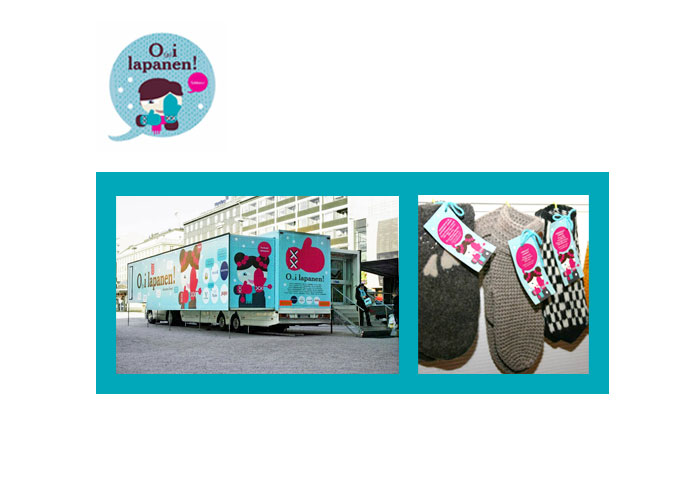- Home
- Client Login
- Resources
- Student Login
- Courses
- Registration
- Students & Alumni
- Privacy & Terms
- RSS
- Studio!
ofazomi.org
A coderfic, designological, visulicious extravaganza!
On a slightly less cynical note…
Posted in Typography
Yo Momma is a [really bad] Designer

 Yo momma is so ugly her face is always FPO. Or not. If you have a soft spot for the slightly tasteless, corny and crass, laid out and printed with care by a one man graphic design empire, visit 55his.com.
Yo momma is so ugly her face is always FPO. Or not. If you have a soft spot for the slightly tasteless, corny and crass, laid out and printed with care by a one man graphic design empire, visit 55his.com.
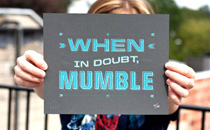 |
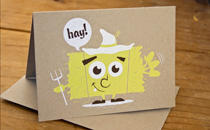 |
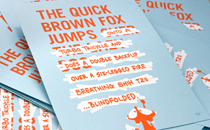 |
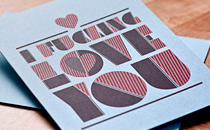 |
|
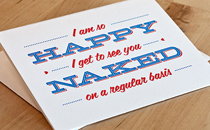 |
HDR (High Dynamic Range) Tutorial

You want to try it? Go for it!
(Example images are from Trey Ratcliff at StuckInCustoms.com, the tutorial author.)
What is HDR?
HDR is short for High Dynamic Range. It is a post-processing method of taking either one image or a series of images, combining them, and adjusting the contrast ratios to do things that are virtually impossible with a single aperture and shutter speed. I would say that about 75% of my images use the technique, and if you are new to it, then you may notice a slightly different “look and feel” to my photographs. You should also probably note that HDR is a very broad categorization, and I really hate categorization. My process starts with using basic HDR techniques, but then there are many more steps to help the photos look more… let’s say… evocative.
I can talk a little bit more about the philosophy behind the photography style here for a quick moment. You might consider that the way the human brain keeps track of imagery is not the same way your computer keeps track of picture files. There is not one aperture, shutter speed, etc. In fact, sometimes when you are in a beautiful place or with special people and you take photos — have you ever noticed when you get back and show them to people you have to say, “Well, you really had to be there.” Even great photographers with amazing cameras can only very rarely grab the scene exactly as they saw it. Cameras, by their basic-machine-nature, are very good at capturing “images”, lines, shadows, shapes — but they are not good at capturing a scene the way the mind remembers and maps it. When you are actually there on the scene, your eye travels back and forth, letting in more light in some areas, less light in others, and you create a “patchwork-quilt” of the scene. Furthermore, you will tie in many emotions and feelings into the imagery as well, and those get associated right there beside the scene. Now, you will find that as you explore the HDR process, that photos can start to evoke those deep memories and emotions in a more tangible way. It’s really a wonderful way of “tricking” your brain into experiencing much more than a normal photograph.
I will post a few interesting HDR photographs that I have taken that people seem to like. This first image below is the first HDR photograph ever to hang in the Smithsonian Institution in D.C. I think this goes to show how mainstream and accepted HDR can be, if the technique is properly applied.
